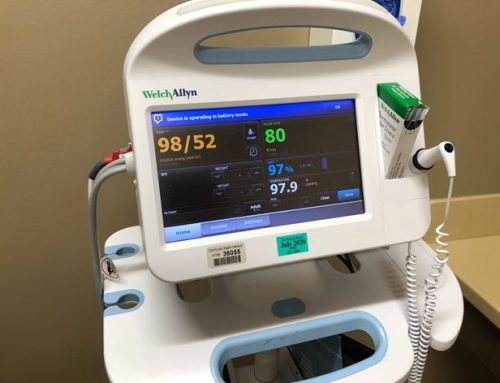When someone has named you as the executor (also known as a personal representative) of their will or the trustee of their trust passes away, you are obligated to distribute that person’s money and property according to the document’s terms to the designated beneficiaries. (For convenience, the roles of executor and trustee will be referred to throughout this article as the general term fiduciary.) Sometimes, perhaps because of a family conflict or just falling out of touch, the whereabouts of a will or trust beneficiary are unknown. What should you, as the fiduciary, do if you cannot locate a beneficiary of the will or trust?
As a fiduciary, you have an obligation to use reasonable diligence to locate a missing beneficiary. What is considered reasonable depends on the circumstances, including what efforts have been made to locate the missing beneficiary and how much money or property is at stake.
At a minimum, a fiduciary should call the last known phone number and send notice of the estate or trust administration to the last known address. If this initial effort yields no results, then the fiduciary should contact known family members or friends for information that may lead to the beneficiary’s location, search social media and people-search sites on the Internet, publish notice in the newspaper, check property records, and otherwise use their best efforts to locate the missing beneficiary.
If the value of property to be distributed to the missing beneficiary is very small, then the fiduciary will likely not be required to spend a lot of the estate or trust’s money to locate the missing beneficiary. If, however, the property value is significant, then the fiduciary may have to take additional efforts to locate the missing beneficiary to satisfy the reasonable diligence requirement. Such additional efforts may include hiring a private investigator or using an heir search service.
Heir Search Services
Heir search services are dedicated specialists to find missing beneficiaries. They employ forensic genealogists and estate investigators who conduct extensive searches throughout the United States or the world to locate missing beneficiaries. They often have access to additional records, such as birth, marriage, and death certificates, adoption and other court records, and genealogical databases.
Heir search services can provide the added benefit of verifying the identity of the beneficiary to ensure that you, as the fiduciary, make distributions to the proper person and not someone pretending to be the beneficiary to take advantage of a fiduciary’s ignorance.
If the missing beneficiary cannot be found even with the help of a professional heir search service, you can petition the court to allow you to make a preliminary distribution of money and property to the beneficiaries who have been located. The court will likely order that the missing beneficiary’s property be held in trust for a certain period of time, as specified by state law, allowing time for the missing beneficiary to claim it.[1] You may also be able to obtain indemnity insurance to protect you in case a missing beneficiary later appears and makes a claim after the estate or trust has already been distributed.
Work with an Attorney
Locating a missing beneficiary can take considerable time and cause significant delays in an estate and trust administration. Meanwhile, beneficiaries who have been located and expect to receive their share can become impatient. In situations where a missing beneficiary adds a layer of complexity to an administration, it can be advantageous to hire a legal professional who has experience in navigating the demands of impatient beneficiaries while protecting your interests as the fiduciary.
Further, in cases where a missing beneficiary cannot be located and it becomes necessary to petition the court to allow a preliminary distribution to the known beneficiaries, using a legal professional’s expertise of the state’s laws and procedures can lead to a quicker resolution of the issue.
Being named as the fiduciary of a will or trust carries a large responsibility to locate the beneficiaries and make distributions to them in accordance with the terms of the will or trust. When a beneficiary cannot be located, the fiduciary has an obligation to be diligent in their efforts to find the beneficiary, including hiring a professional heir search service. We have the expertise and resources to help you navigate the additional complexities that come with a missing beneficiary. Contact us if you would like to discuss how we can help you with your administration or craft your own plan to provide your loved ones with a smooth administration.
[1] What if an Heir to an Estate with a Will Cannot Be Found?, Von Langen (Oct. 27, 2020), https://www.missingheir.com/heir-to-estate-will-cannot-be-found
Our Estate Plan
$3,497 for a single person and $4,497 for a couple. If you bought our Gold LLC within four months of the date you pay for your estate plan you get a $1,000 discount. This plan includes a revocable living trust that provides that the assets in your trust pass automatically on your death (or on the death of both spouses if you are married) to an irrevocable beneficiary controlled asset protected trust created for each of your heirs and their descendants. Your heirs inherited assets in their trusts will be protected for life from their creditors, ex-spouses and bankruptcy courts. Each heir's trust is also a "dynasty trust" that creates a trust for your heirs children on the heir's death. See "A Smart Option for Transferring Wealth Through Generations: The Dynasty Trust."
To purchase our estate plan:
- complete our Estate Plan questionnaire and
- make an office or phone appointment for a free consultation to answer your questions and design your estate plan.






Leave A Comment